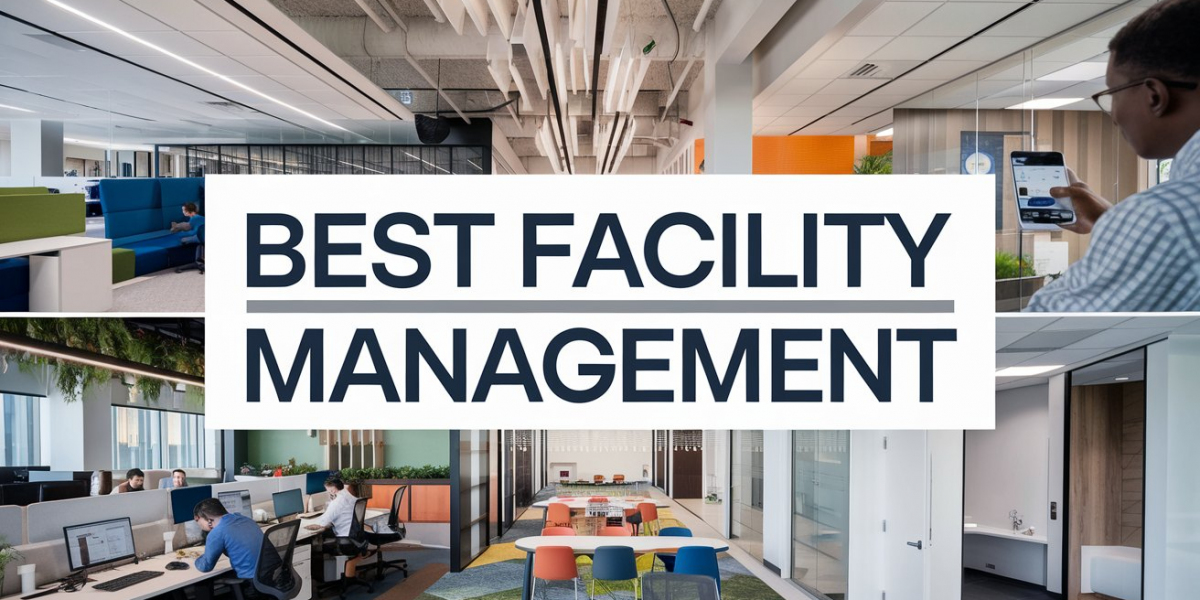Facility management (FM) plays a crucial role in ensuring the smooth operation of buildings and workplace environments. It involves overseeing a variety of tasks, from routine maintenance to space planning and energy management. To maximize efficiency, businesses need to adopt the best facility management practices that align with their goals and improve overall productivity.
- Embrace Technology
Modern facility management tools like Computer-Aided Facility Management (CAFM) software streamline operations by tracking assets, scheduling maintenance, and managing workflows. Mobile solutions allow facilities teams to address issues in real-time, enhancing response times and preventing costly repairs. - Energy Efficiency
Sustainable facilities management focuses on energy efficiency. Implementing smart systems, like automated lighting and heating controls, helps minimize energy waste and reduce utility bills. Regular audits can identify areas for improvement and support a greener workplace. - Preventive Maintenance
Rather than reacting to problems, proactive maintenance prevents costly repairs and extends the life of equipment. Scheduling regular inspections and servicing of HVAC systems, elevators, and electrical equipment ensures safety and operational efficiency. - Space Optimization
Efficient space management boosts productivity and reduces unnecessary overhead costs. By utilizing flexible workspaces, businesses can adapt to changing needs and maximize the use of their facilities. - Employee Wellbeing
A focus on creating a clean, safe, and comfortable working environment enhances employee morale and productivity. Effective facility management ensures that employees have the resources they need to perform at their best.
In conclusion, adopting the best facility management practices leads to a well-maintained, efficient, and sustainable environment that benefits both businesses and employees.









